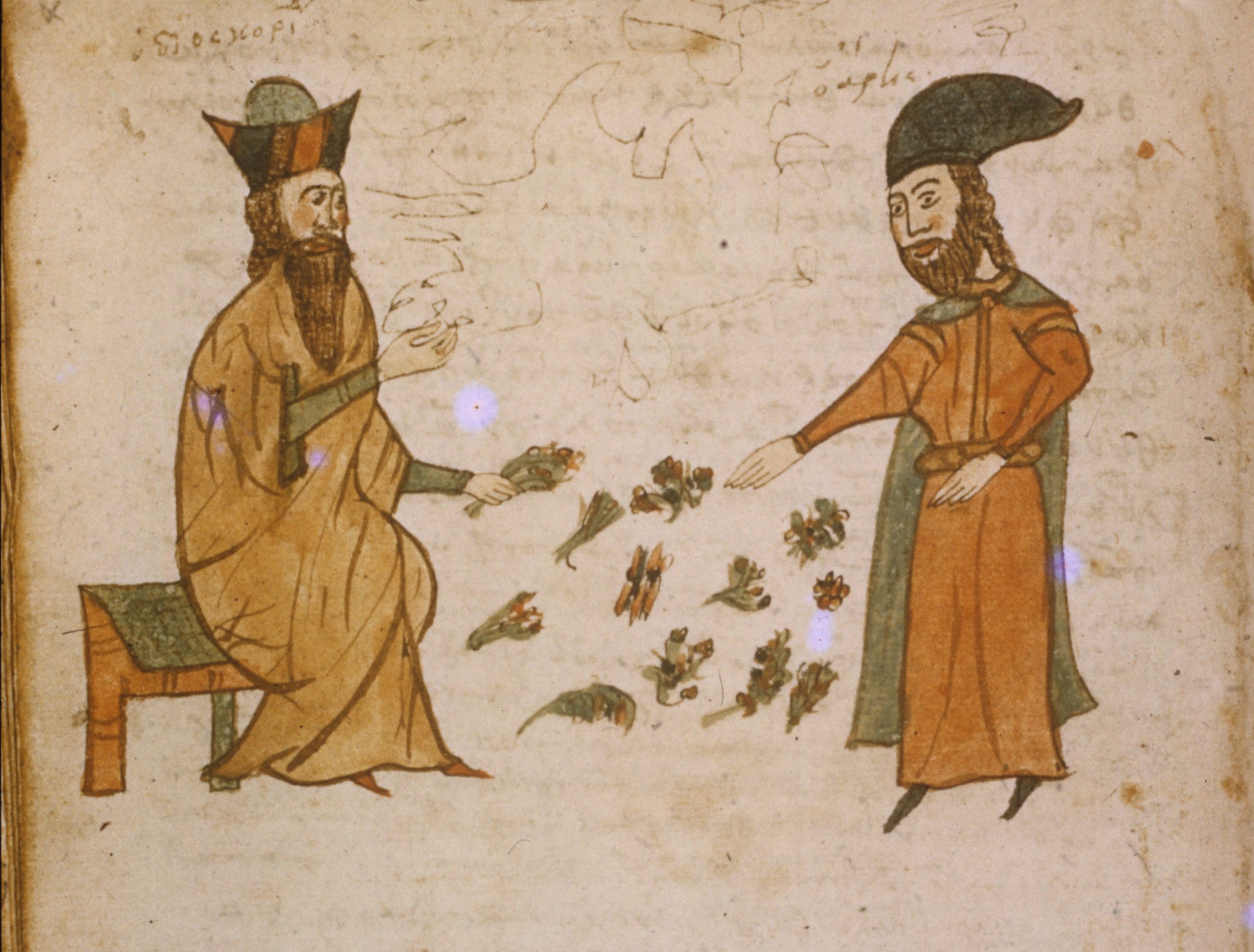Late Byzantine Medicine in the Face of Black Death: A Study of Intellectual History and Medical Practice
Mustafa Yildiz
History
UC Berkeley
Medical understanding of and responses to the Black Death in Byzantium (14th–15th centuries) have been ignored in scholarship. The neglect of the evidence for actively seeking a remedy for plague symptoms reflects the prejudiced perception of Byzantine medicine. Medical knowledge and practice in Byzantium have been dismissed as poor derivations of ancient medical lore. My dissertation aims to change this perception by making use of a rarely exploited source: the vast collections of medical remedies surviving from the late Byzantine period. These so-called iatrosophia texts, mainly by anonymous authors or of dubious attribution, constitute a crucial source of information for the study of the Black Death and medicine in Byzantium in general. Unfortunately, these texts remain mostly unedited and unstudied in dozens of late and post-Byzantine medical manuscripts. My dissertation not only makes the Byzantine plague remedies available to scholars by publishing the relevant material as editio princeps but also highlights the potential of the iatrosophia for future research in Byzantine and medieval medicine.
Image credit: Biblioteca Universitaria, Bologna (gr. 3632, folio 68v).


